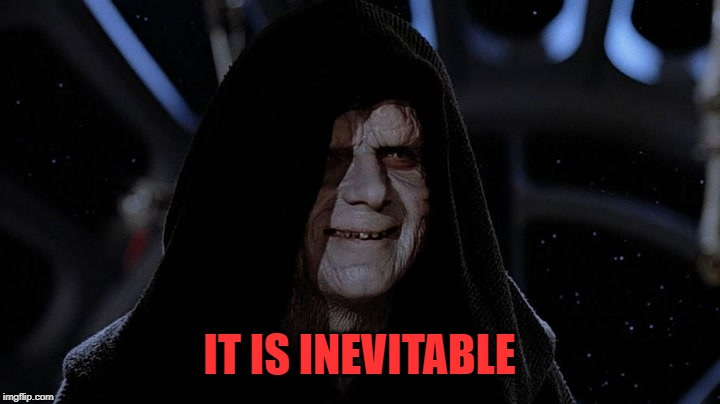Bitcoin is inevitable
As long as inflation is inevitable, so is Bitcoin.
The following originally appeared as comment on “What kind of financial asset is Bitcoin?”.
I’m a Bitcoin maximalist, so I believe it is short-sighted and mostly wrong, but I understand and appreciate the intellectual honesty of the analysis here.
In my opinion the timeline for universal adoption is terribly misunderstood. For thousands of years money has existed, but never once has it been voluntarily adopted by its users. This process of monetization takes many years, and requires that trillions and trillions of dollars get allocated to Bitcoin. Anybody who expects a new voluntary global currency standard to take over the world in less than twenty years has set an unreasonably high bar for success.
A frequent criticism of Bitcoin is that nobody uses it as a medium of exchange. “Checkmate, maximalists!” But as Noah laid out, it makes sense to hold Bitcoin as it tends to appreciate in value. It should go without saying that people hold Bitcoin as an alternative to “savings” accounts with negative real yields. With the unprecedented levels of money-printing, the case for Bitcoin as a store-of-value is stronger than ever, which will ultimately drive the trillions of dollars of wealth into it that it needs to become a global monetary standard. The higher market cap that accompanies this newly monetized asset will inherently reduce the volatility associated with it, making it more suitable as a medium of exchange.
And, lest we forget, Bitcoin already supports instantaneous global final transaction settlement. The Lightning Network has definitively solved scaling issues. If you don’t know about Lightning Network and how it works, you’re not qualified to discuss Bitcoin’s scalability. Want proof? Go buy something at CVS, Chipotle, Walgreens, Starbucks... or any number of retailers connected to Strike’s Bitcoin payment network. If it’s transactions you think Bitcoin lacks, then go there and use it yourself.
But most importantly, Bitcoin represents freedom. If you are a trucker in Canada, you learned first hand that you don’t own any of the dollars in your bank account-- you can only use them at the pleasure of your prime minister. Bitcoin fixes this.
If you are a sovereign country who watched as Russia’s assets denominated in USD were seized, you probably made a note to yourself that your money is not necessarily safe in a non-neutral asset like USD. Bitcoin fixes this.
In sum, I believe that the case for Bitcoin as money is WILDLY underestimated, while the case for “blockchain not Bitcoin” is generally overstated (but still complementary). Blockchain is not a new invention, and it’s not the killer app here. Protecting money from the inevitable theft of inflation is a killer app.
As long as inflation is inevitable, so is Bitcoin.


